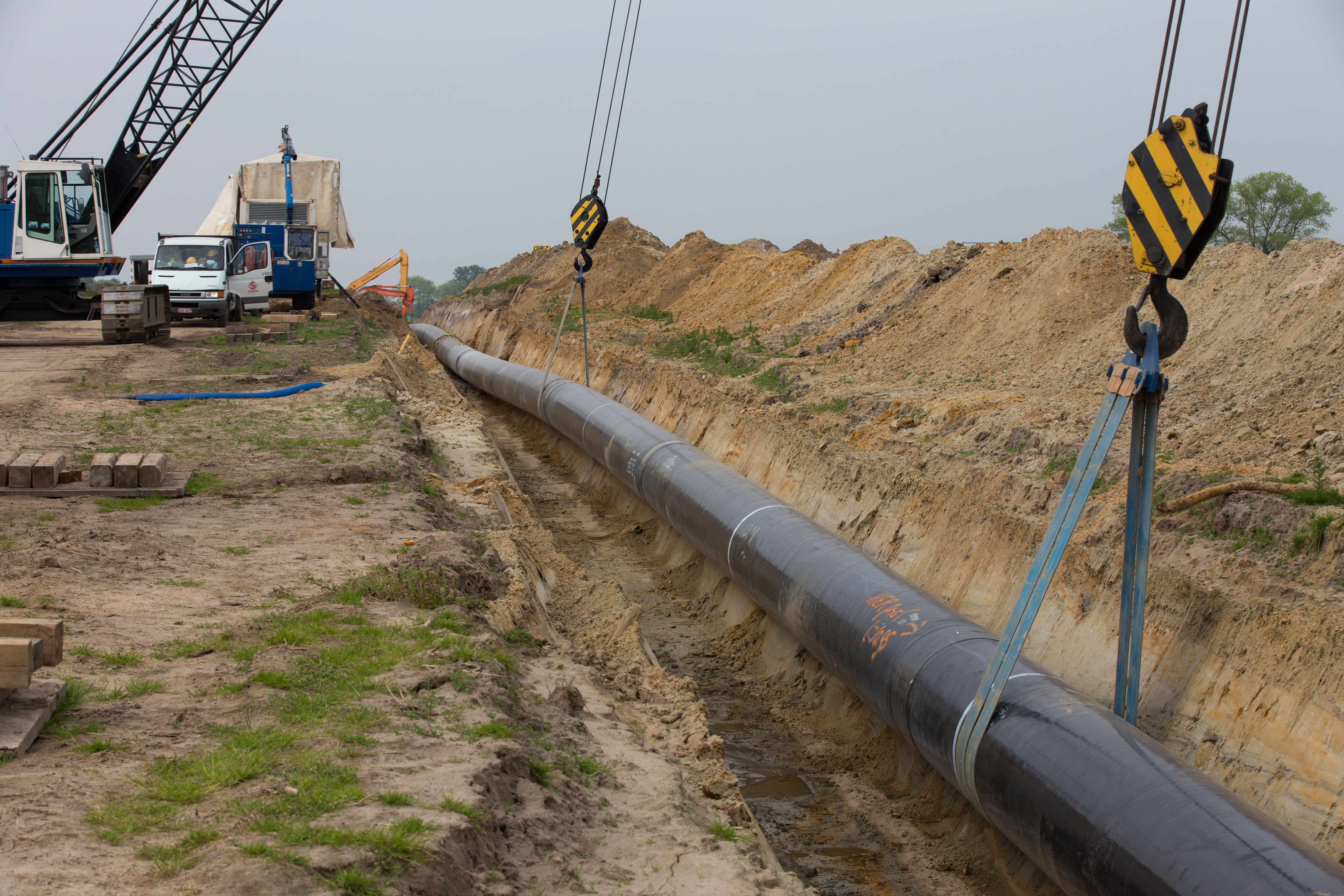Flanders to bring forward ban on natural gas connections for new buildings by one year

Flanders is speeding up the phasing out of natural gas by introducing the ban on natural gas connections one year earlier than originally planned, in 2025 instead of 2026. The proposal was approved in the plenary meeting on Wednesday and aims to take "a realistic accelerated step towards defossilisation".
In its climate agreement of November 2021, the government of Flanders decided to reduce the dependence on fossil fuels and to stimulate environmentally friendly heating techniques. For example, a fuel oil boiler will no longer be allowed in new buildings from 2022. It was also agreed that natural gas connections would no longer be allowed in new buildings from 2026.
The war in Ukraine has fuelled the debate on dependency on natural gas. In order to speed up the phasing out of natural gas, Flanders wants to bring forward the phasing out of natural gas. A new decree now proposes a ban from 2025 instead of 2026. "This way, a realistic accelerated step is taken towards defossilisation", it says.
At the same time, the intention is to cancel the planned transitional phase with hybrid heat pumps in new buildings. The original intention was to make a (hybrid) heat pump mandatory in new buildings from 2023. This pump runs partly on electricity and partly on gas and was long considered an ideal transitional technology to replace the classic gas condensing boiler. But there have been calls - certainly for new buildings - to skip this transitional phase and to opt for fully electric heat pumps straight away. The aim is to make this type of heat pump the standard in new buildings from 2025 onwards.
(TOM)
#FlandersNewsService
© BELGA PHOTO KURT DESPLENTER